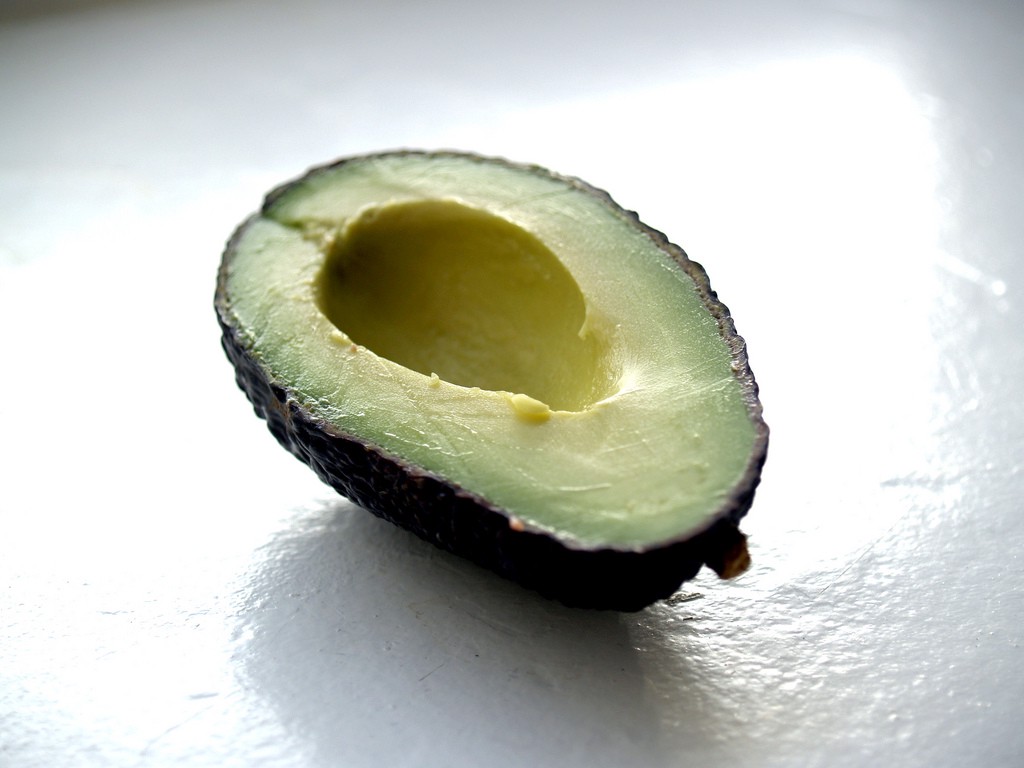Your Contribution to the California Drought and the End Times
by Jamie Lauren Keiles

You’re an ethical consumer, a responsible citizen of the earth. You’ve been known to reduce, reuse, recycle, upcycle, source locally, compost, trade fairly, and offset as needed. You’ve got a Greenpeace sticker on your Sierra Club sticker on the reclaimed cargo bike you use to transport dead nine-volts and used printer cartridges to your local center for reuse. You’re not perfect, but you do your best by committing twenty-three hours of each day to feeling guilty about the environment.
But hey John Muir 2.0, have you ever really stopped to consider your personal contributions to the destruction of our shared global ecosystem?
Let’s start with breakfast. Every eco-warrior needs a good cup of coffee to energize his daily commitment to the cause. On average, the beans for a single cup of coffee require about thirty-four gallons of water to produce1, and throw off massive carbon emissions as they travel over eleven hundred miles from tropical climates to your all-American LEED-certified bungalow. Add to that coffee a splash of almond milk and you’re contributing to a three-and-a-half billion cubic meter water footprint for almond production2, plus the carbon emissions from probably millions of servers running day and night to host and sustain the almond facts sensationalism industry itself. Grill up your daily free-range two-egg omelet and that’s a small kitchen’s worth of land use3, plus nearly half a kilogram of CO2 emissions4, not to mention fossil fuel for the refrigerated eighteen-wheeler that will carry the eggs from the farm to your fridge. Of course you don’t eat meat, but if you did, it’d be worth knowing that bacon farms in North Carolina alone produce fifteen-and-a-half million tons of groundwater-polluting5, greenhouse-gassy pig shit in a single year. That’s just one state, but it’s nothing compared to your daily slices of toast, which will waste twenty-three hundred gallons of water6 by this time next year, or enough water to sustain a human life for twelve years. In 2015, 2.7 billion people on earth will experience water scarcity7, so maybe consider that, Ansel Sadams, next time you’re struggling to decide between whole wheat or rye.
Time for work. Your job at your local 501(c)3 is not going to work itself. Hop on your bike and get riding. That paved bike lane you lobbied for contributes to lowering the water table8 by disrupting natural paths of stormwater runoff and limiting the reabsorption and filtering of rain back into the earth. Those rubber tires on your trusty freecycled Schwinn contribute to a global demand for rubber that’s filled through monoculture9, an unsustainable farming practice which reduces biodiversity, and is endangering animals10 from elephants to bees. Did I mention the almost-certainly unregulated, likely exploitative overseas labor that goes into producing nearly every other component on your bike? Oh right, we’re talking about the environment, not people, stay with me if you can, third-wave Al Gore.
Now it’s lunchtime. You know that guac is extra, but have you ever really considered how much extra? To you it might be just shy of two bucks, but to dying Mother Earth the cost of two tablespoons of guacamole is over twenty gallons of water11. Thinking about upgrading to soy in that latte? Think about this before it’s too late: Monsanto, a multinational agrochemical company, produces over ninety percent of soybeans in the United States12. Monsanto’s patented soybeans are genetically modified to be used in conjunction with glyphosate13, an herbicide that kills weeds and is recognized by the EPA to cause kidney damage, increased breathing rate, and poor reproductive health14. You’re better off ordering good ol’ wholesome cow’s milk instead — milk from American dairy cows that contribute 41.6 million metric tons of methane to the destruction of our atmosphere each year, in farts alone15.
Right about now, you’re probably wondering, “Should I just kill myself16? Allow myself to die of consumption, or perhaps just waste away?””
Hold your cruelty-free horses Sylvia “Sylvan Path” Plath. Before you commit eco-martyrdom, consider the fact that coffins for Americans who kill themselves this year alone will deforest a hundred and fifty-two17 footballs fields of hardwood18. Depending19 on conditions, the average human corpse takes about twelve years to decompose and in that time will release dozens of groundwater-polluting compounds including methane, ammonia, sulphurous acid, and foul-smelling gasses like purscine and cadaverine. This is not to mention the widely-used and carcinogenic20 embalming fluid formaldehyde, which is suspected to make groundwater toxic for human consumption at a rate of only five milligrams per liter21, but is not monitored or regulated by the EPA22, so we can’t be sure! If this concerns you, don’t even begin to think about the water and fertilizer required to maintain the lush and useless death parks known as cemeteries. Between 1990 and 2000, American cities lost fifty-four hundred square miles of greenspace23 — eleven-and-a-half times the land area of LA. But go ahead, fall on your sword made from reclaimed metals. You existed for less than .00003 percent of human history and are certainly deserving of an extravagant burial that will lead the rest of us into end times.
Besides, soon enough, California will break off from the mainland and be swallowed up by the retribution-hungry seas24. Millions will lose their homes — or die even! — and you personally will be to blame. Maybe you should have considered this before you asked to be born.
17. Virginia Sustainable Forestry Initative
19. “’Til Death Do We Pollute”
Photo by cyclonebill
Correction: This post originally miscalculated the amount of land required to produce two eggs that you will eat and promptly shit out. It’s a small studio apartment, not a small farm. We more or less regret the error.
